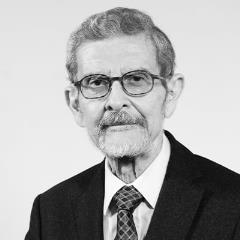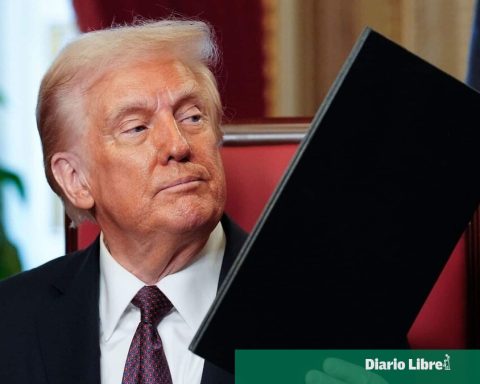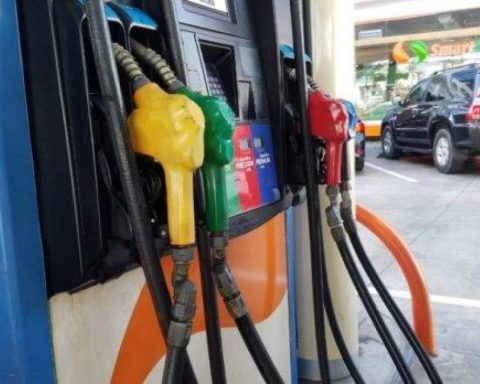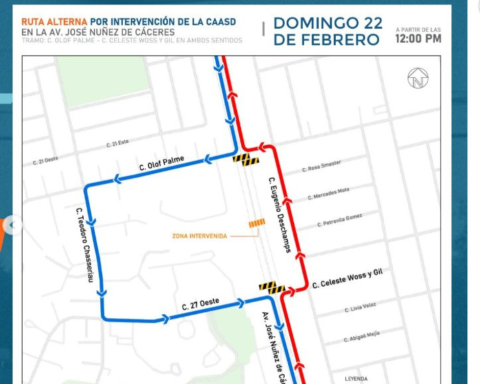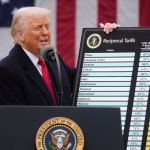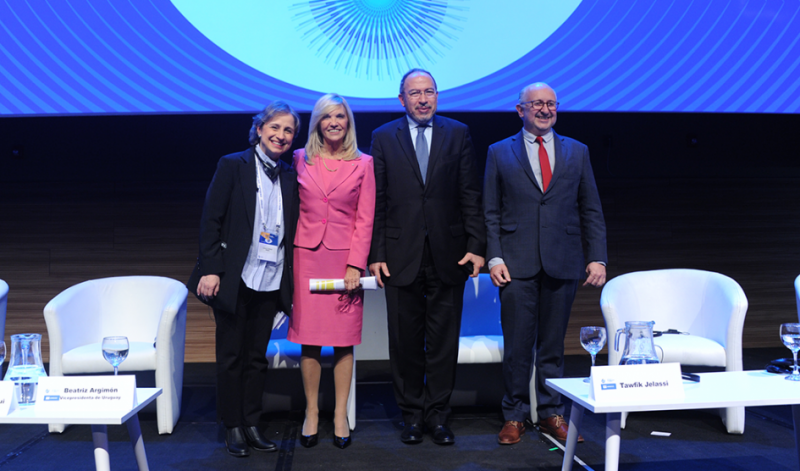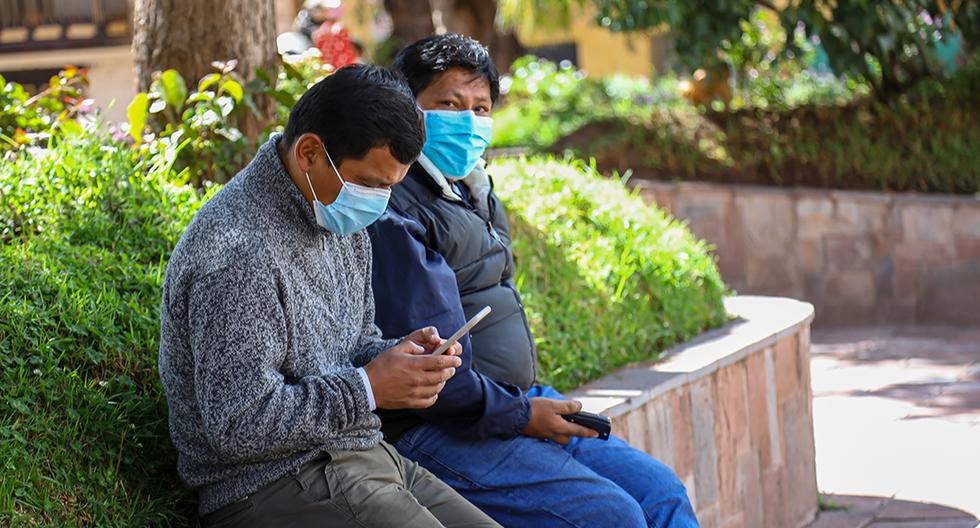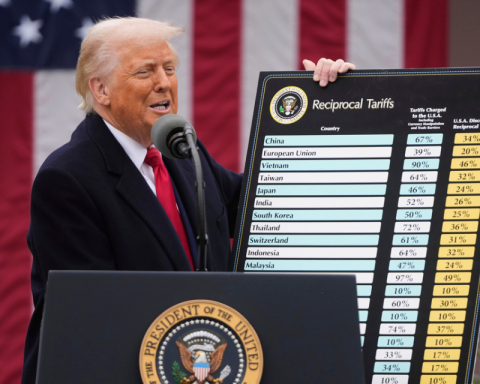As justification for his decision to intervene militarily in neighboring Ukraine, President Putin has referred to that country’s intention to join NATO, an aspiration he described as an existential threat to Russia. Western circles, however, describe this motivation as a pretext, indicating that the military campaign really responds to the purpose of Putin and his collaborators of rebuilding the former Soviet Union in a territorial sense, regaining control over now independent countries that were previously part of the USSR.
Whether such a purpose exists remains to be seen, but if so, it would not be the only thing Putin wants to return to. The evidence, in the form of both facts and statements, indicates that the Russian rulers also intend to return to a centrally directed economic scheme, with many of the characteristics of the Soviet system based on plans and controls drawn up and applied by the authorities. There may be a mixture of preference and need in this respect.
The preference stems from criteria about the role that the government should play, stemming from the perception, common among Russian officials, that the private sector and the free market system cannot be trusted to lead to optimal results in political and economic terms. social.
On the other hand, the need arises from the sanctions that have been imposed on it. Operational and institutional advances such as the development of the capital market, the incorporation into international payment mechanisms, the entry of foreign companies and investors, the transfer of technology and access to external financing, have been suspended or severely restricted. This makes it difficult for the economy to function based on competitive markets, opening the door to the establishment of price controls and state absorption of sectors considered strategic.
